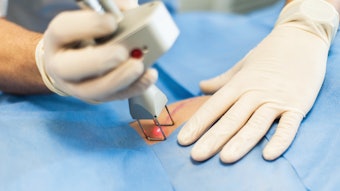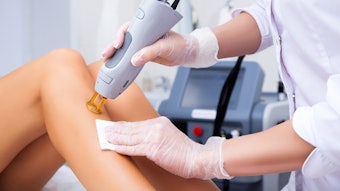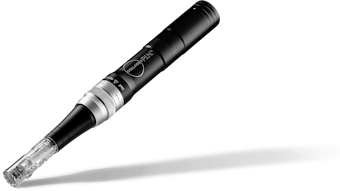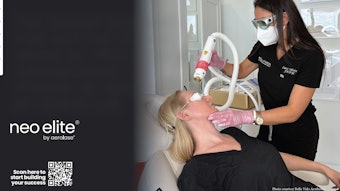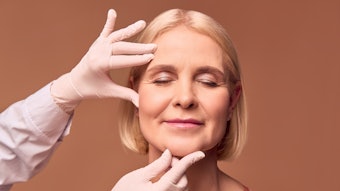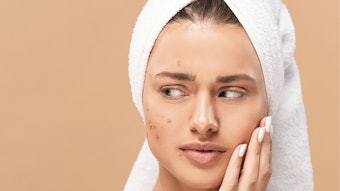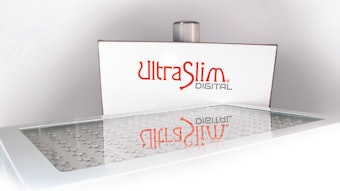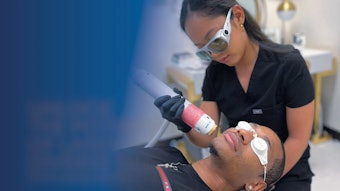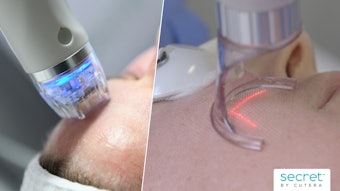
Researchers Grace K. Austin, MD, Sarah L. Struble, BS, and Vito C. Quatela, MD, examined radiofrequency (RF) for facial and neck rejuvenation by assessing clinical studies on the effectiveness and safety of radiofrequency for acne, acne scars and facial aging. The researchers performed a systematic literature review and discovered that majority of the studies showed RF treatment of acne, acne scars and facial rhytids had positive subjective improvement ratings. These findings were published in the Journal of Lasers in Surgery and Medicine (January 2022).
Related: Fractional Radiofrequency Significantly Reduces Rhytids
Eligibility criteria included papers in English, primary literature, clinical or ex vivo studies, use of RF and face or neck treatment. Ablative techniques, home-use devices, combined modalities and studies unrelated to rejuvenation were excluded. All studies were appraised for quality and biases. A total of 121 articles met the criteria.
The studies showed that RF effectively treats acne by reducing sebum levels and lesion count and improving acne scars. RF treatment also demonstrated volumetric reduction in facial fat and improved skin laxity, elasticity and global skin aesthetic. Patient satisfaction was higher for those desiring modest rejuvenation. There were histological changes consistent with repair response, neocollagensis and neoelastinogenesis. RF was safe apart from one patient who developed a neck fistula.
Related: Fractional Radiofrequency Significantly Improves Acne Scarring
A majority of the studies demonstrated that RF treatment of acne, acne scars or facial rhytids had positive subjective improvement ratings. Objective studies demonstrated reduction of acne, decreased scarring, lifting effect, improvement in elasticity and collagen, volumetric fat changes and wrinkle reduction.

